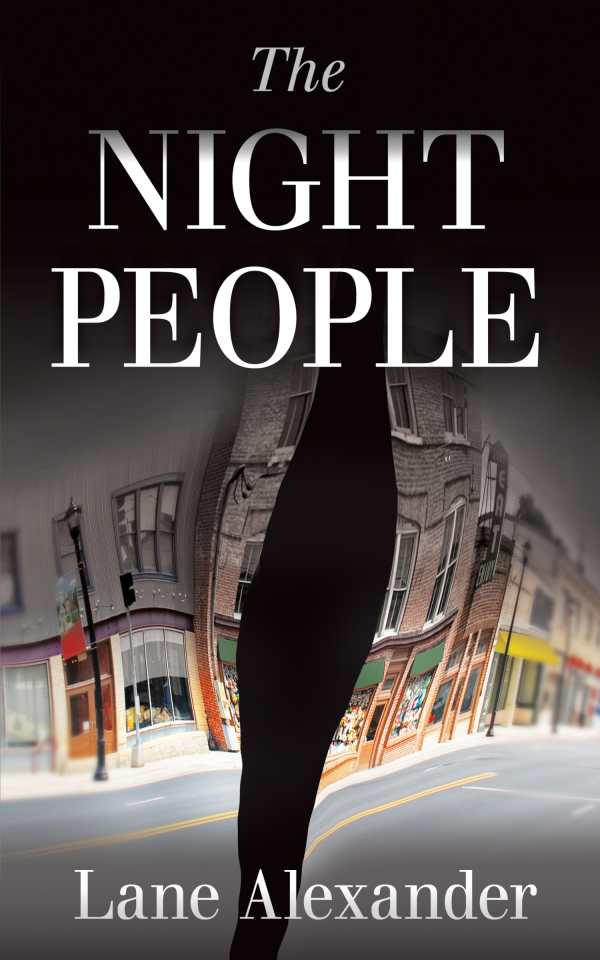The Night People
The Night People pairs quantum mechanics and human emotion in compelling ways, successfully merging hard-driving action and arresting insight.
Lane Alexander’s The Night People deftly combines the magical boarding school story with science fiction’s horror of the dangerous other. Fish-out-of-water Kyle Tanner learns his vivid nightmares aren’t the stuff of fiction but of a dangerous reality most can’t see. As Kyle learns, a parallel universe predates ours, and he’s one of the few who has the power to strike back—if he can learn to master his gift in time.
Plagued by night terrors, high school junior Kyle is a difficult kid who’s been in and out of several schools before he’s sent to Banville Academy. What he doesn’t know is Banville collects the percentage of the human population able to access humanity’s inherent psychic gifts.
One of fifteen surviving Great Schools of Metaphysics, Banville is the only place he can learn how to guard against and destroy the night people, hostile visitors from the antiverse. Exposure to dark energy from their world activates psychic energy—telepathy, telekinesis, or empathy—in some people, providing humanity with its only hope.
But Kyle’s not just any psychic. He’s a night walker, the human answer to the night people’s scourge, able to travel to the antiverse as his psychic gift, and one of the last left to defend Earth against the antiverse’s encroaching threat.
Alexander quickly establishes the rules of this world and the stakes, so Kyle’s adventures swiftly take center stage. However, rough transitions between scenes and in passage of time abound as Kyle moves through his new world.
The book drags a bit before the climax, and the final fight scene’s complex choreography is thrilling but difficult to follow. The novel opts for an after-action report full of unanswered questions rather than a cliffhanger, but it’s a heavy-handed signal a sequel is coming.
Even as the book introduces Dragnars, human accomplices to the people of the antiverse, it makes nice distinctions between humans affected by the night people and people who have mental illness, thus avoiding problematic conflations.
Although the night people feed on fear, anger, violence, and other extreme emotions, they aren’t the cause of the world’s wrongs. Rather, they’re opportunistic parasites feeding on humanity’s ever-ready store of emotion. It’s humanity’s ability to get in touch with and understand their own emotions that’s the key to overcoming the alien threat.
Thus, Kyle and the other students at Banville work on their mental strength, defined similarly to self-knowledge and achieved through meditation and mindfulness that make the brain agile and able to encode strong pathways of positive thinking.
Science fiction’s alien other is ripe territory for YA fiction, and The Night People pairs quantum mechanics and human emotion in compelling ways. A rare offering that successfully merges hard-driving action and arresting insight, this book dives into a threatening alien world and reveals that human power comes not from what we deny, but from embracing and understanding our whole selves.
Reviewed by
Letitia Montgomery-Rodgers
Disclosure: This article is not an endorsement, but a review. The publisher of this book provided free copies of the book and paid a small fee to have their book reviewed by a professional reviewer. Foreword Reviews and Clarion Reviews make no guarantee that the publisher will receive a positive review. Foreword Magazine, Inc. is disclosing this in accordance with the Federal Trade Commission’s 16 CFR, Part 255.

